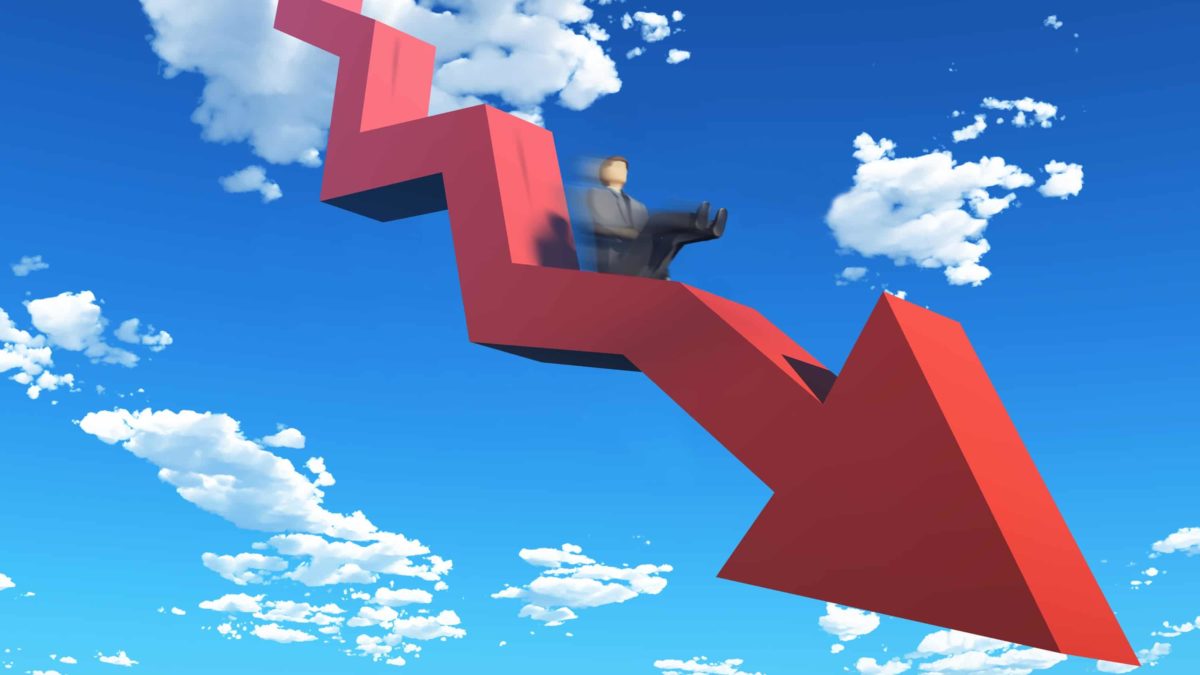The Afterpay Ltd (ASX: APT) share price is slipping today, down nearly 4% in early afternoon trading as the company is drawing attention over its merchant fees.
That's heading in the opposite direction of the wider S&P/ASX 200 Index (ASX: XJO), up 0.6% at time of writing. And it puts the Afterpay share price down 7.2% from its all-time high of $104.53 reached on 9 November.
Year to date, shareholders will have little to complain about though, with Afterpay shares up 217% since 2 January.
What does Afterpay do?
Afterpay operates in the buy now, pay later (BNPL) market. The company's payment platform allows people to buy and receive goods and spread the cost of their purchase out over equal payments, without any interest or fees. Those fees are carried by the merchants.
The company was founded in 2015. It now operates in Australia, the United States and the United Kingdom, with current expansion plans into the wider European market. The Afterpay share price first began trading on the ASX in June 2017.
What's pressuring the Afterpay share price?
Afterpay's business model is based on consumers being able to pay for the goods and services they purchase over time without incurring any interest charges or other fees.
Of course, someone has to carry those fees. With Afterpay, and many BNPL shares, that someone is the merchant.
Afterpay charges merchants an average fee of 4% of the price of the items they sell via its payment platform. Crucially, the company doesn't allow merchants to pass any of that cost on to their customers. That differs from credit cards, which generally charge merchants less than 1%, and also allow merchants to pass the cost along to customers if they choose.
According to the Australian Financial Review, merchant fees provide more than 80% of Afterpay's revenue.
And Sebastian Siemiatkowski, CEO of Swedish-based Klarna – a direct competitor to Afterpay – says he's surprised "people are celebrating the success of some of your local players when they are charging 400 basis points… To me, it's not just about surcharging, it's about capping – because that's not a payments scheme any more, that's an extortion scheme."
A basis point, if you're not familiar, is 0.01%. Hence 400 basis points is 4.0%.
Afterpay's current business model may need to change next year. That's when the Reserve Bank of Australia will decide whether or not merchants should be allowed to pass on the fees they incur from BNPL providers to their customers.
That decision is likely to have a material impact on the Afterpay share price.









